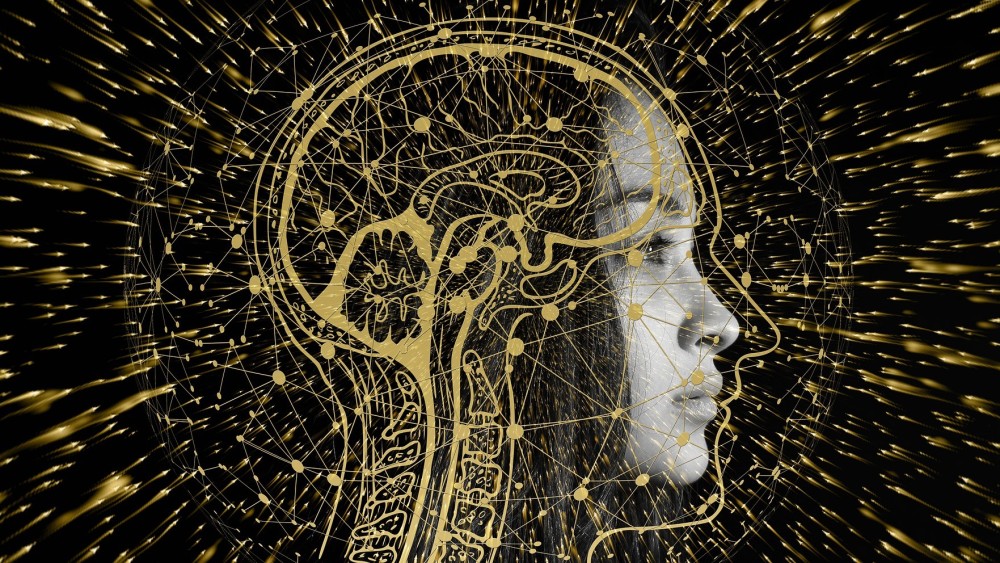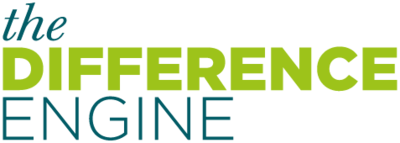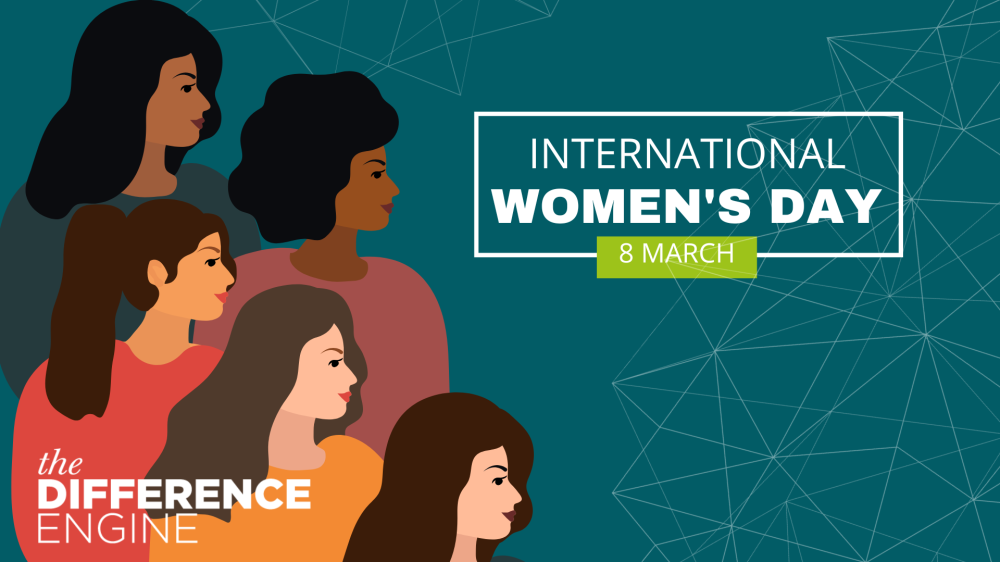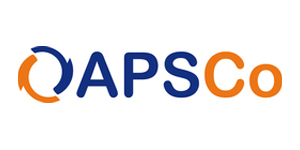
posted 4th July 2025
Every few weeks, a new headline emerges declaring that artificial intelligence is coming for your job. Recruiters are often near the top of that list. With tools promising faster sourcing, smarter screening, and predictive analytics, it’s easy to assume the recruiter’s role is becoming obsolete.
But if you’ve ever done real recruiting, the kind that goes beyond keyword-matching and LinkedIn messages, you know how far from reality that assumption is.
The best recruiters aren’t just matchmakers. They’re signal processors.
The Hidden Signals Behind Every Candidate Interaction
A CV is data. A GitHub profile is data. Even an interview transcript can be reduced to data. But the way a candidate behaves throughout the process? That’s signal. And signal doesn’t always show up in the obvious places.
How engaged is the candidate? How quickly do they respond to requests or scheduling changes? Do they ask thoughtful questions, or any questions at all?
These micro-signals don’t always translate to performance directly, but they correlate to risk. A highly skilled candidate who takes five days to respond to an interview request may pose more of a commitment risk than someone with slightly less technical depth who’s all-in and responsive.
A good recruiter is constantly filtering this ambient behaviour and using it to assess not just fit, but reliability.
Confidence or Arrogance? AI Doesn’t Know the Difference
Let’s talk tone. A candidate says, “I led the initiative that improved our product’s uptime.” Sounds impressive. But how do they say it?
- Is it “I led” with humility, or “I led” with ego?
- Do they acknowledge the team’s contribution? Or take credit for everything?
- Do they light up when they talk about challenges? Or gloss over them like a politician dodging a tough question?
A seasoned recruiter can pick up on the subtle difference between someone who truly collaborates and someone who simply knows how to sound collaborative.
AI can parse words, but it still struggles with nuance. It can score language complexity or sentiment, but it can’t (yet) reliably separate self-awareness from self-promotion.
Behaviour Is Data, But It Needs Human Interpretation
Imagine two candidates:
- Candidate A is smooth, well-spoken, and ticks every box on the JD. But when asked about past projects, they repeatedly say “we did this,” without much detail.
- Candidate B is less polished, but when they say “we,” they follow up with specifics about their role, the trade-offs made, and lessons learned.
Which one do you trust more?
To an AI, both may look like team players. But a good recruiter hears the difference. One has done the work. The other is surfing on collective achievement.
What AI Can Do and Where It Stops
Let’s be clear: AI is already enhancing recruitment in powerful ways. Automating scheduling, surfacing passive candidates, reducing bias in job descriptions, these are all wins. Used right, AI is a force multiplier.
But it won’t replace the human ability to:
- Read between the lines
- Pick up on tone, timing, and context
- Detect when a candidate is too good to be true
- Ask the right question at the right time and know when not to ask anything at all
The Future Isn’t AI vs. Recruiters. It’s AI with Recruiters.
The recruiters who thrive in the AI era won’t be the ones who fear it. They’ll be the ones who double down on what makes them uniquely valuable: judgment, empathy, intuition, and the ability to see what data alone can’t show.
AI can match resumes to job descriptions.
A great recruiter matches humans to cultures.
And that, at least for now, is something no algorithm can do better.










